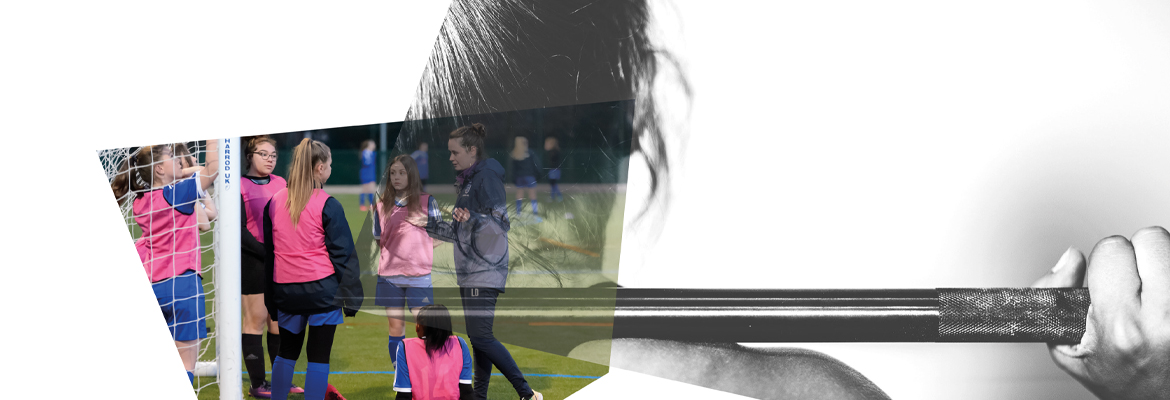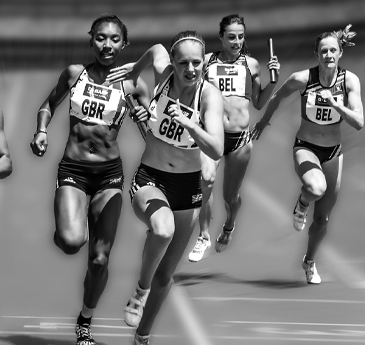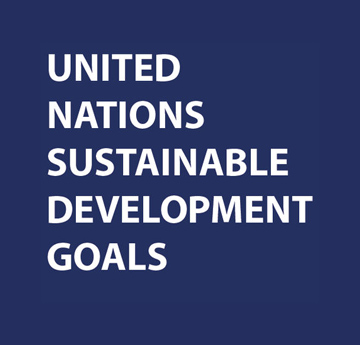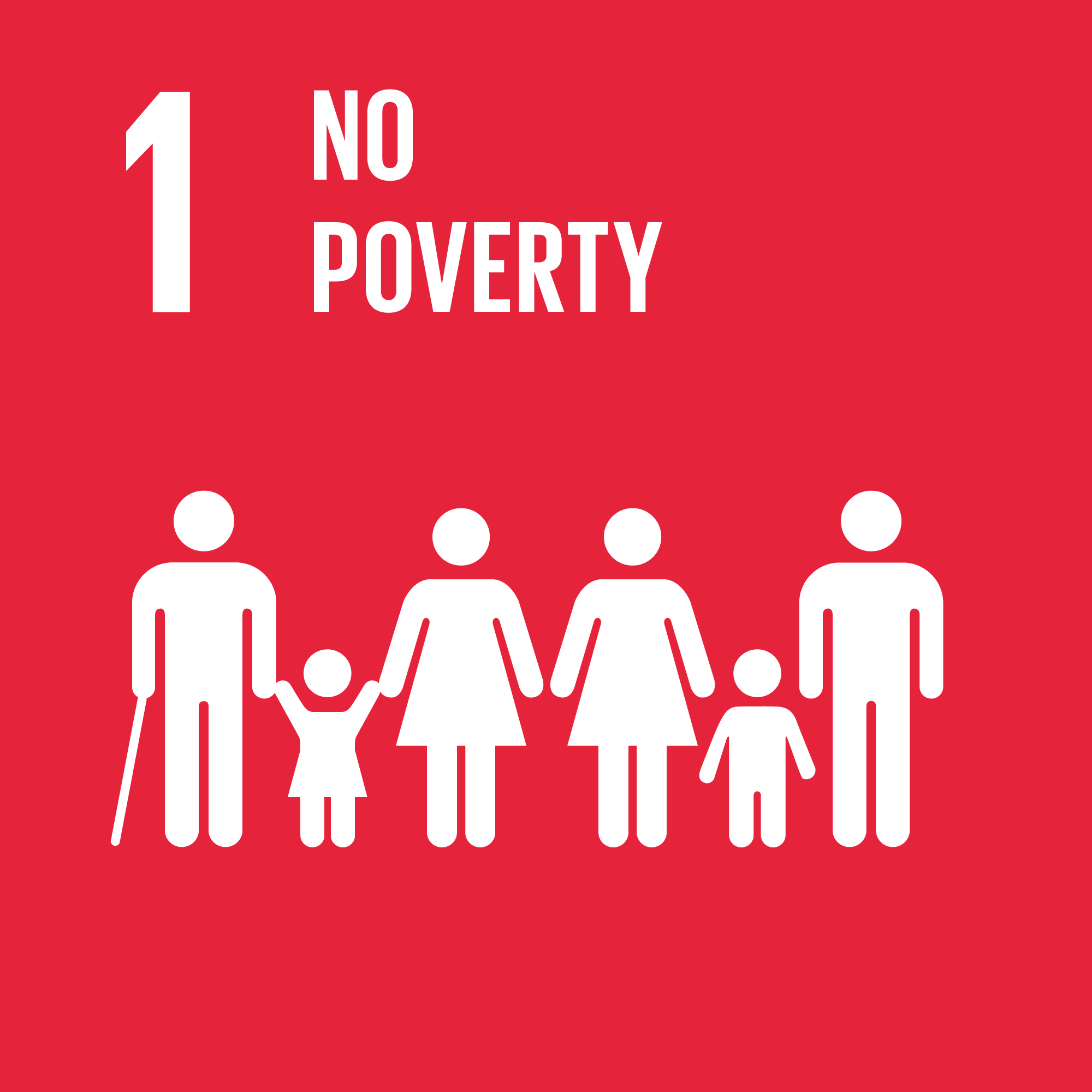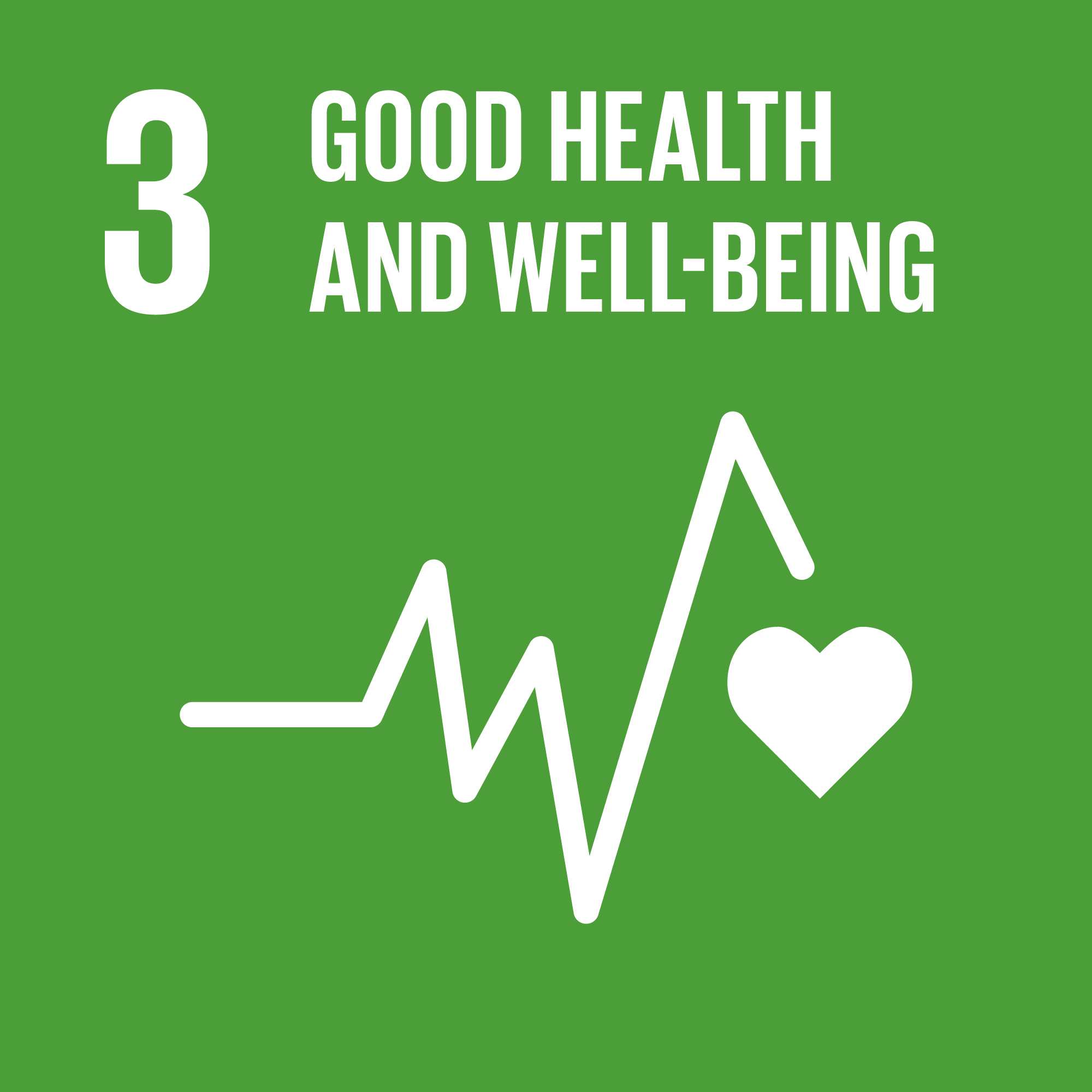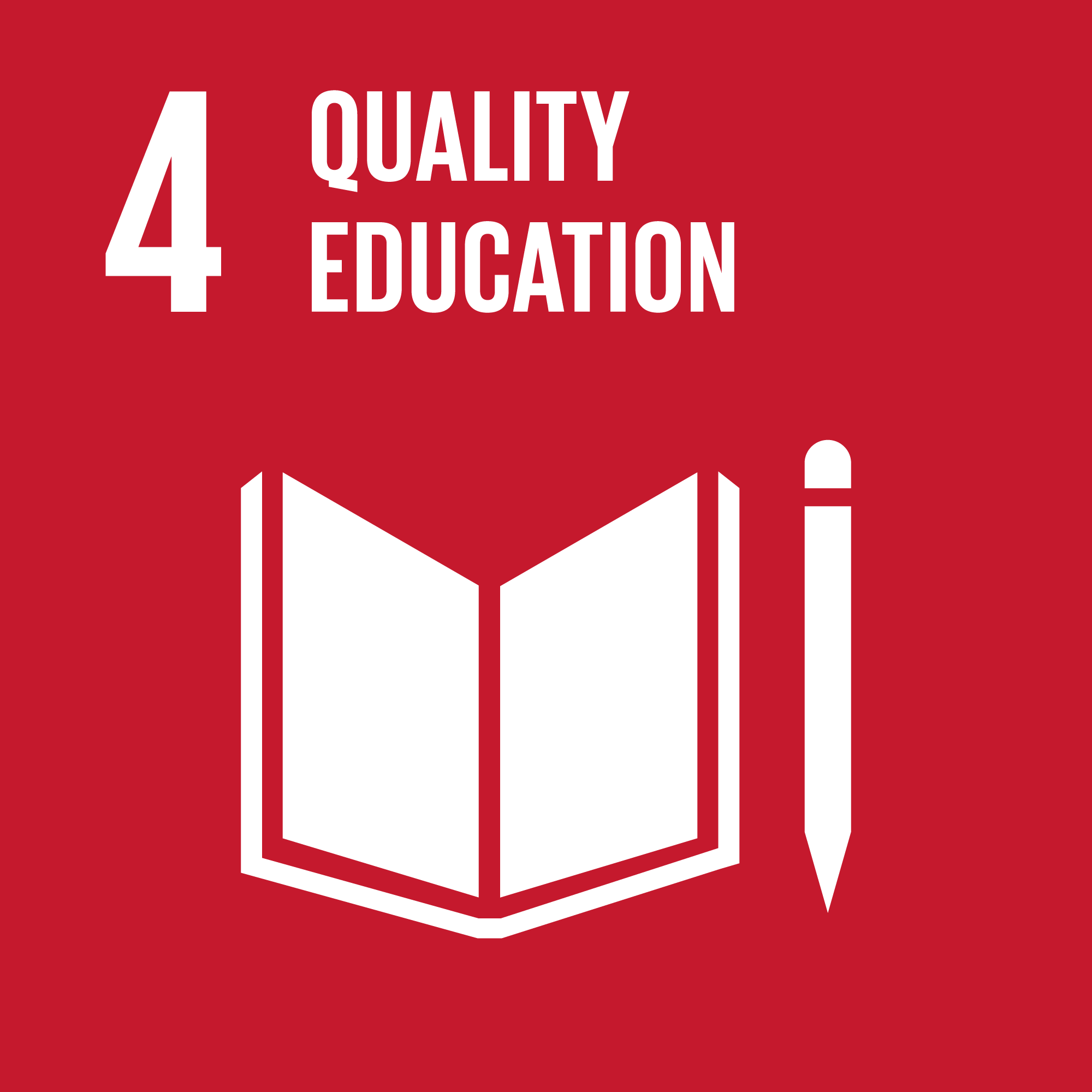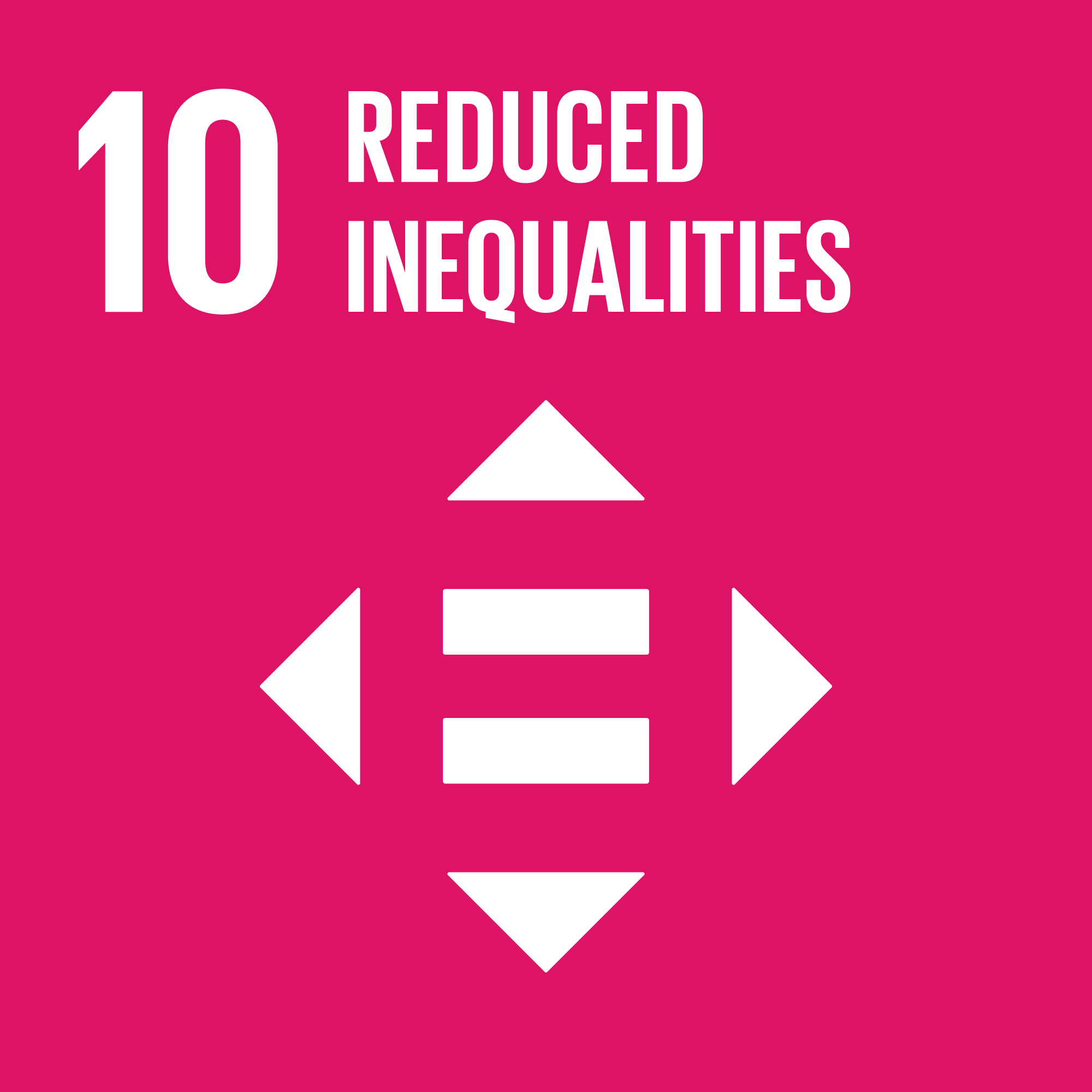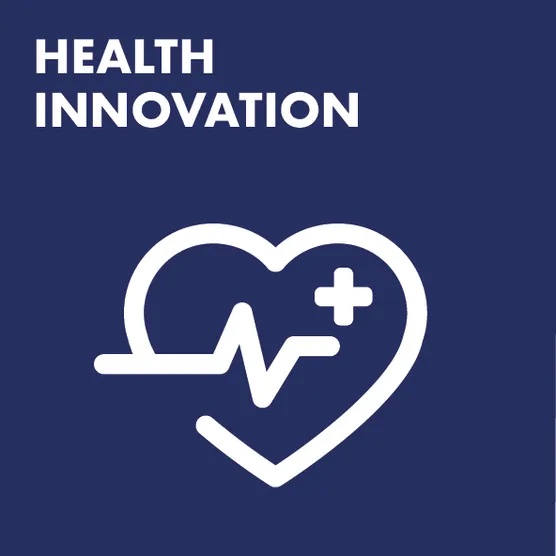The Challenge
A regular menstrual cycle is extremely important and a vital sign of good health and overall well-being. Nevertheless, women, girls and individuals who menstruate, often contend with debilitating symptoms associated with menstruation, such as fatigue, menstrual cramps, mood fluctuations, disrupted sleep, and headaches. Managing these symptoms pose a significant barrier to the participation in physical activities within schools and can negatively impact on the performance of elite athletes.
Being physically active is highly beneficial from a health and wellbeing perspective and can alleviate the severity of menstrual symptoms. Therefore, a better understanding of the fluctuating hormonal changes that occur across the menstrual cycle can help individuals to harness the positive aspects, leading to improved participation and performance in sport.
The Method
Dr Natalie Brown and a team of researchers from universities across the UK, are piloting menstrual education in schools using focus groups to learn about what students need and providing feedback to teachers. Dr Brown is also collaborating with Sports Wales, England Netball (NetballHER), National Governing Bodies and the Youth Sports Trust Girls Active Programme to understand what motivates girls to take part in sport and how teachers can provide support. She also contributes to Period Education, a website menstrual education group which includes academics and specialists, working in schools, community and elite sport across the UK.
In addition, Dr Brown is the founder of Optimal Period, a web site which promotes positive perceptions around periods and provides free resources, information and support for schools, coaches and individuals.
The Impact
Raising levels of awareness and knowledge around menstruation can positively impact on an individual’s motivation and confidence to participate in sporting activity, whether this is at Olympic level or as part of physical education within schools. Dr Brown’s research also addresses wider concerns around issues such as negative body image, the social stigma associated with menstruation, period poverty, period dignity and the need to make physical activity relevant, engaging and accessible to all.

